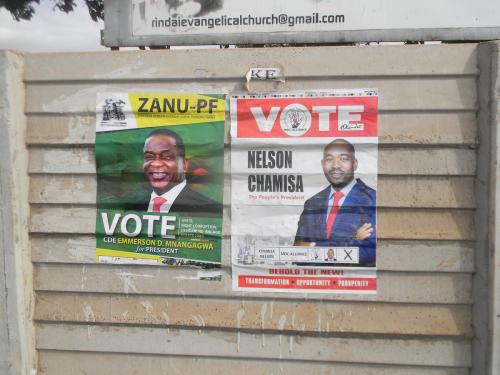January opened with a spate of diplomacy on the crisis over Ukraine, looking toward a possible meeting of the Ukrainian, Russian, German and French leaders on January 15 in Astana. The Germans and French have made clear, however, that Chancellor Merkel and President Hollande would take part only if there is a prospect of progress.
Reinforcing the September ceasefire agreement, which has never been fully implemented, would be a positive step. As long as fighting continues, as it has for much of the past three months around Donetsk airport, there is a possibility of a broader breakdown and resumption of large-scale hostilities—even if neither side desires that.
What is needed is a broader political settlement, at least with regards to eastern Ukraine. Kyiv appears to see Crimea as a question to address in the longer term. But the Ukrainian government has put forward in the past ideas which could provide a basis for a settlement in the East of the country, including decentralization of power from Kyiv to regional governments, status for the Russian language, an EU-Ukraine-Russia dialogue on ameliorating negative consequences of the EU-Ukraine association agreement for Ukraine-Russia economic relations, and taking any NATO membership ambitions off the table for some period of time.
Moscow has not seriously explored these ideas. Moreover, Russia has failed to fulfill key terms of the September ceasefire. It has not withdrawn its forces from eastern Ukraine and has done nothing to secure the Ukraine-Russia border, despite the presence of the OSCE observers. The Russians appear more interested in creating a frozen conflict as a means to pressure the Ukrainian government than in finding a genuine solution that would end the fighting and allow Kyiv to reestablish full sovereignty over Donetsk and Luhansk.
The question thus is whether Moscow will change its approach. The sanctions imposed by the West in 2014, coupled with the falling price of oil, have had a major impact on the Russian economy. Thus far, President Putin has sought to rally his populace to withstand the pressure, with some success. But public support could erode in the medium term, as Russians see their purchasing power fall significantly. The key to a negotiated settlement may well turn on the ability of the European Union and United States to persuade Mr. Putin and the Kremlin that sanctions will stay on until there is a genuine change in Moscow’s approach and Russia becomes part of the solution, not the core of the problem.
This piece was originally published by the European Leadership Network.
The Brookings Institution is committed to quality, independence, and impact.
We are supported by a diverse array of funders. In line with our values and policies, each Brookings publication represents the sole views of its author(s).



Commentary
Op-edEast Ukraine Ceasefire: Can Sanctions Change Russia’s Calculus?
January 12, 2015